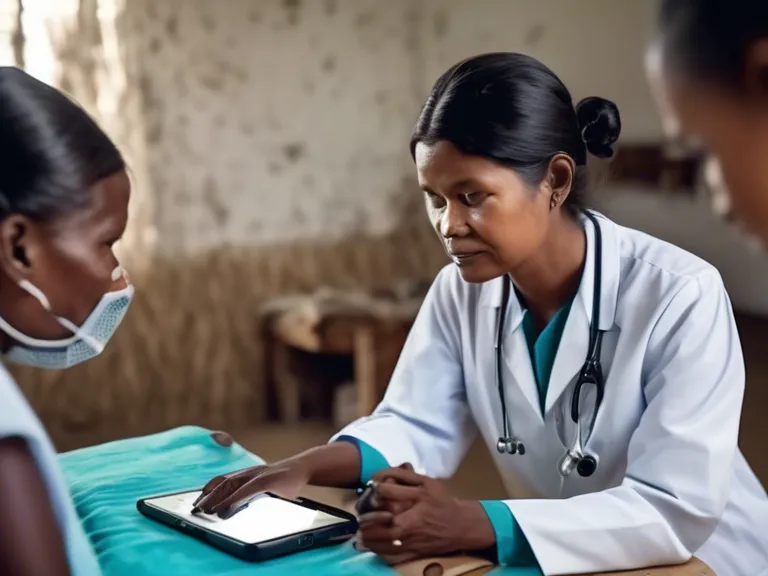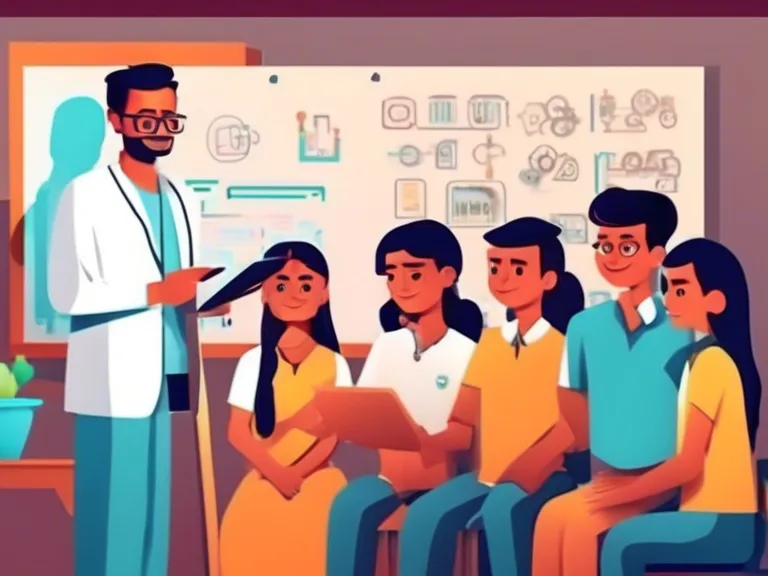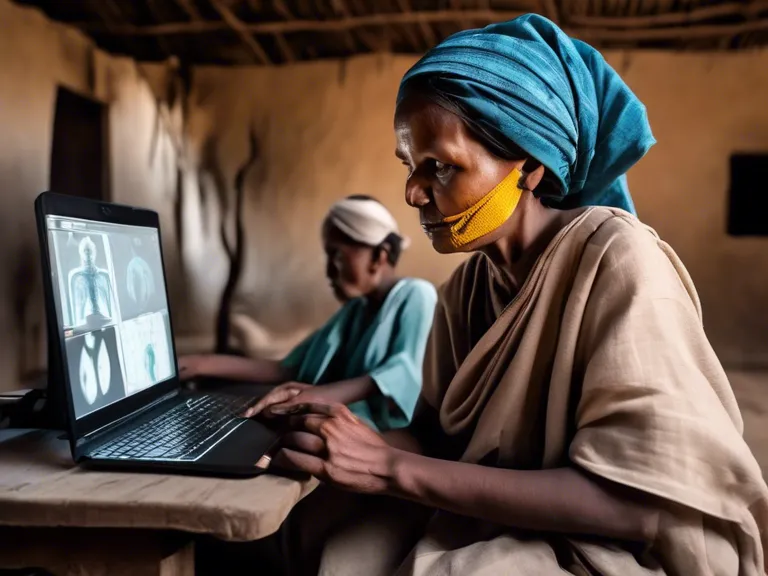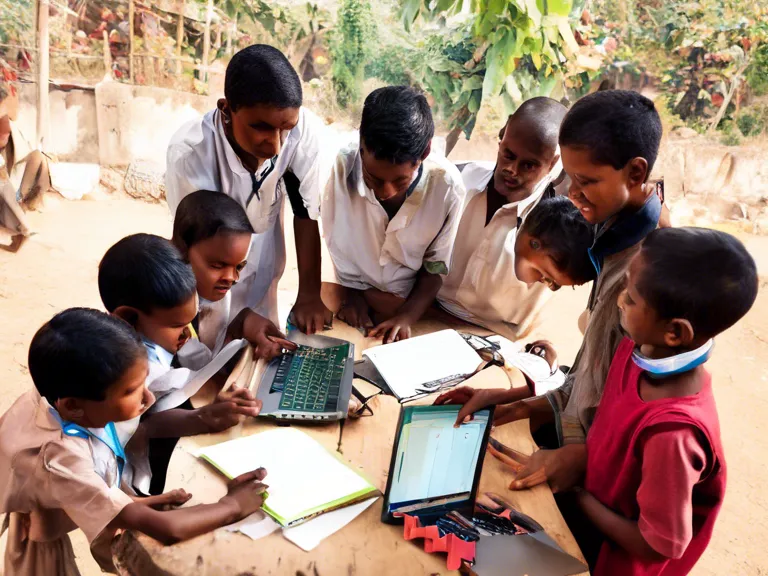
AI Brings Modern Health Care to Rural Villages
In recent years, artificial intelligence (AI) has been revolutionizing various industries, including health care. One of the most significant impacts of AI in health care is its ability to bring modern medical services to rural villages that may not have access to advanced facilities and specialists.
AI technology enables remote patient monitoring, diagnosis, and treatment planning, which can be a game-changer for underserved communities. Through telemedicine platforms powered by AI, patients in rural villages can consult with doctors and specialists from urban areas without having to travel long distances.
AI algorithms can also assist in early detection of diseases through analyzing medical imaging and lab results. This can be especially beneficial for rural areas where access to radiologists and pathologists is limited. In addition, AI helps in personalizing treatment plans based on individual patient data, ensuring better outcomes and reducing the risk of misdiagnosis.
Furthermore, AI-powered chatbots and virtual assistants can provide medical information and guidance to people in rural villages, enhancing health literacy and empowering individuals to make informed decisions about their health.
Overall, AI is bridging the gap between urban and rural health care services, bringing modern medical technologies and expertise to underserved communities. With the continued development of AI in health care, the future looks promising for improving health outcomes and reducing disparities in access to quality care.



